Bobbleheads, Magic 8 Balls, chairs and other artifacts in the Smithsonian reveal the historical significance of presidential debates
Published in Political News
Even though debates have been some of the most eagerly anticipated events in presidential campaigns, audiences and candidates have long wondered whether they matter.
The political history collections at the National Museum of American History, where I am a curator specializing in the history of presidential campaigns and campaign rhetoric, include several objects that can help explore that question, as the first debate between Donald Trump and Kamala Harris approaches.
Although voters have come to expect debates in the weeks leading up to an election, they are a relatively new part of the campaign cycle, beginning only in 1960. The presence of televisions in 90% of American homes at the time and a federal law making it easier to air live political discussions enabled television networks to host four debates that year between John F. Kennedy and Richard Nixon. Held in TV network studios with no audience, the debates produced the largest television audiences of the time.
The debates were exceptionally persuasive: More than half the voters in 1960 said the debates had influenced their votes. But 16 years passed before candidate debates became a permanent fixture in the presidential campaign season. One reason for the delay was the perception that debates favored the lesser-known candidate, as Kennedy had been in 1960.
President Lyndon Johnson did not want to give Sen. Barry Goldwater free exposure in 1964, and Nixon was totally uninterested in 1968 and 1972. But by 1976, both candidates – Democrat Jimmy Carter was challenging incumbent Republican Gerald Ford – were willing to debate, and a tradition was established.
The League of Women Voters, a nonpartisan organization that promotes voting rights, sponsored the debates from 1976 to 1988. Most of the league debates were held with an audience in large public venues such as convention centers. However, the League and the campaigns often disagreed on exactly how debates should be structured or whether they should happen at all.
After two studies recommended a bipartisan organization be established to sponsor the debates and ensure their permanence, the Commission on Presidential Debates was created. It sponsored every debate between 1988 and 2020.
Most of the commission’s debates occurred on college campuses with a live audience. The primary reason for these locations was that the debates had an educational mission, but the institutions also believed the debates provided valuable publicity that brought them international attention and even increased enrollment.
Candidate dissatisfaction with the format has brought the sponsor and venue issue full circle in 2024. Bypassing the commission’s announced schedule of debates on college campuses, the major party campaigns negotiated directly with television networks, which are once again hosting without an audience.
While a Magic 8 Ball may not be the best way to predict how candidates will answer questions, scholarly research, including my own, shows there are some predictable messages viewers can listen for during debates.
First, because candidates, including Harris and Trump, may be given just a few minutes to answer a dozen or more questions, they will often develop an overall theme. For example, in 1976, Carter tied many of his answers to national unity. In 2016, Trump repeated the word “great” in answers on trade, crime and the economy.
Second, candidates try to show what kind of president they will be by highlighting their experience and leadership traits. This can include discussion of their previous military or government positions or descriptions of themselves as strong or compassionate leaders.
Finally, candidates want to show that they share the values and hopes of the audience. For example, in the 1980 debate, former California Gov. Ronald Reagan asked viewers, “Are you better off than you were four years ago?” as a way of connecting with regular Americans.
Sometimes the best-chosen words do not yield the most memorable moments. In the first debate in 1976, audio equipment broke down, cutting off the audio feed to the broadcast. For 27 minutes, Gerald Ford and Jimmy Carter stood silently – and awkwardly – in place while America watched and waited.
Both men later said they wished they had been less ill at ease and had not only communicated their discomfort, but had also taken a moment to show viewers the respect they had for their opponent.
During the 1992 town hall debate, President George H.W. Bush looked at his watch. He later claimed he was trying to see how much time was left, but some thought it communicated boredom or that he was uncaring.
In 2000, Democratic presidential nominee Al Gore rolled his eyes and sighed deeply while his opponent, President George W. Bush, was speaking. Viewers in the auditorium later said they didn’t really notice his actions, but television viewers, watching both candidates on a split-screen feed, received a message of arrogance or disrespect.
Although recent elections brought renewed doubt that debates still matter, this year’s campaign has made them relevant again. Most notably, the first debate in the 2024 cycle, between Trump and President Joe Biden, was unprecedented in that it happened before the nominating conventions and led to a change of nominee for the Democratic Party.
For years, however, large numbers of voters, particularly undecided ones, said debates mattered because the events helped them decide how to vote. But even without statistical proof of an immediate effect, there may be a larger sense in which debates matter.
Jim Lehrer, who moderated 12 debates over a quarter century, may have summarized it best: “Anytime you get the candidates for president of the United States on the same stage, at the same time, talking about the same things, it’s good for democracy.”
This article is republished from The Conversation, a nonprofit, independent news organization bringing you facts and trustworthy analysis to help you make sense of our complex world. It was written by: Claire Jerry, Smithsonian Institution
Read more:
What people say today about the first televised presidential debate, between Nixon and JFK, doesn’t match first reactions in 1960
Yes, debates do help voters decide – and candidates are increasingly reluctant to participate
Biden crashes, Trump lies: A campaign-defining presidential debate
Claire Jerry does not work for, consult, own shares in or receive funding from any company or organization that would benefit from this article, and has disclosed no relevant affiliations beyond their academic appointment.

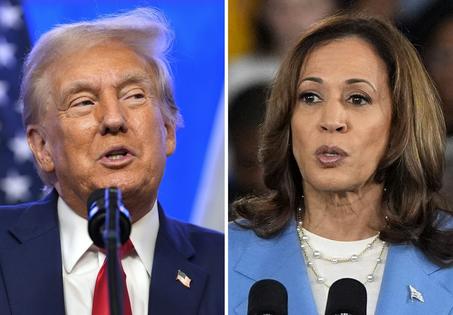
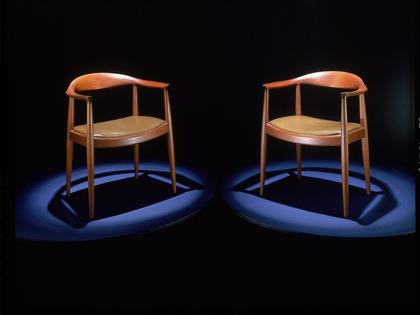
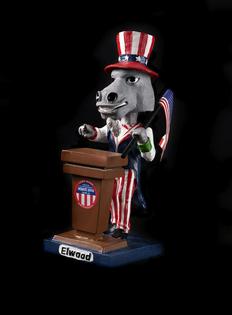
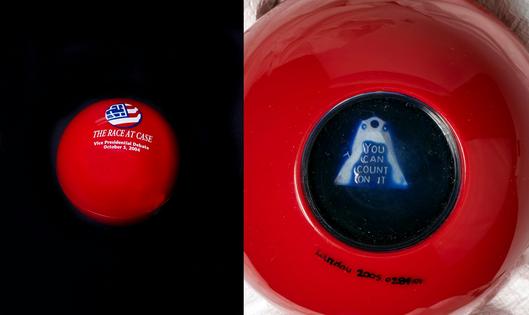
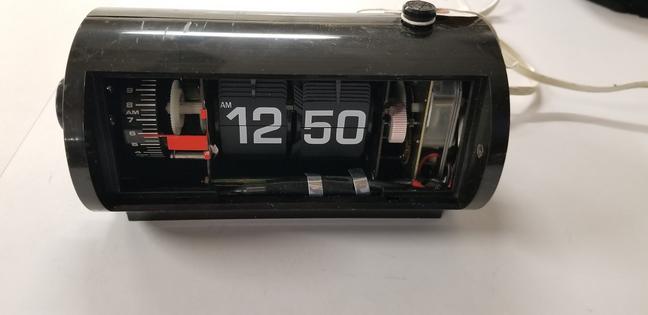
































































Comments